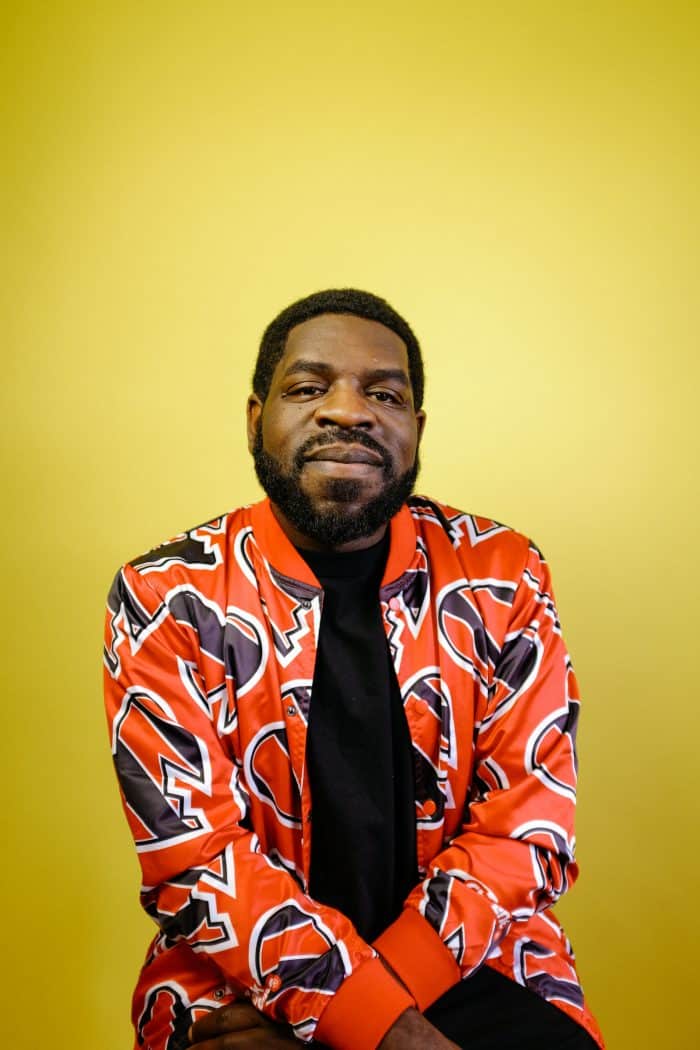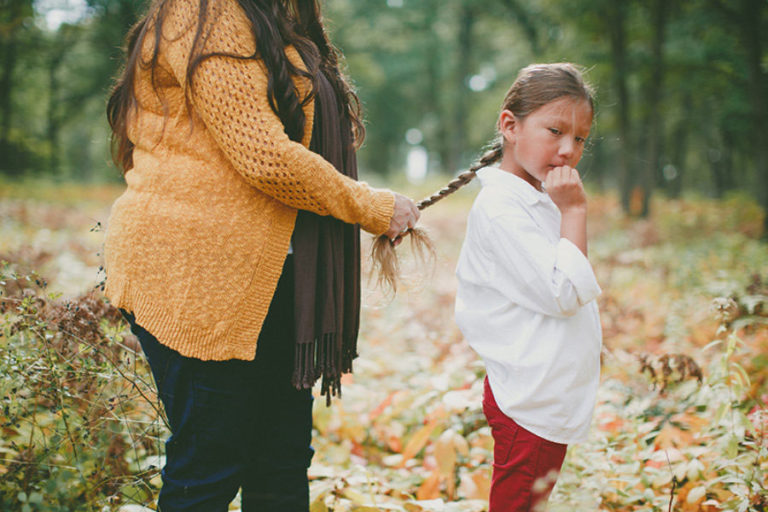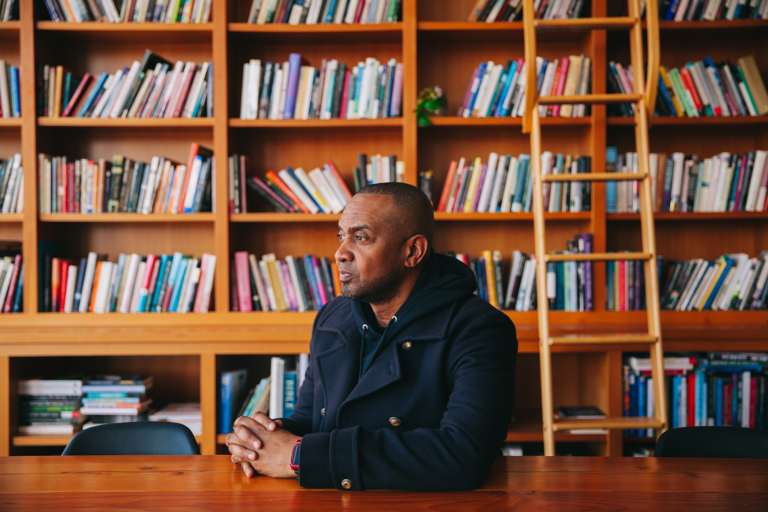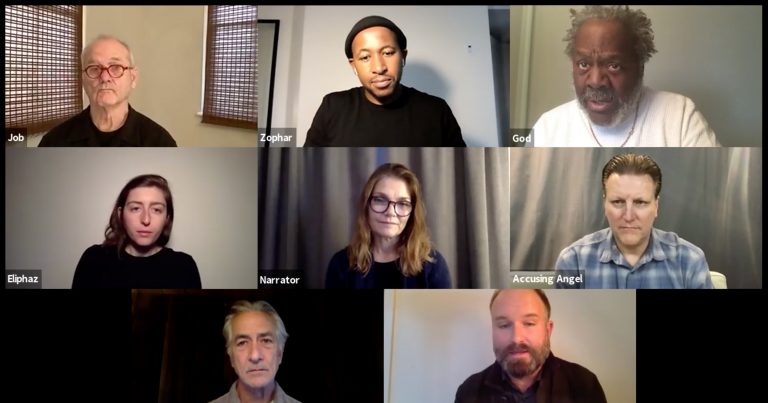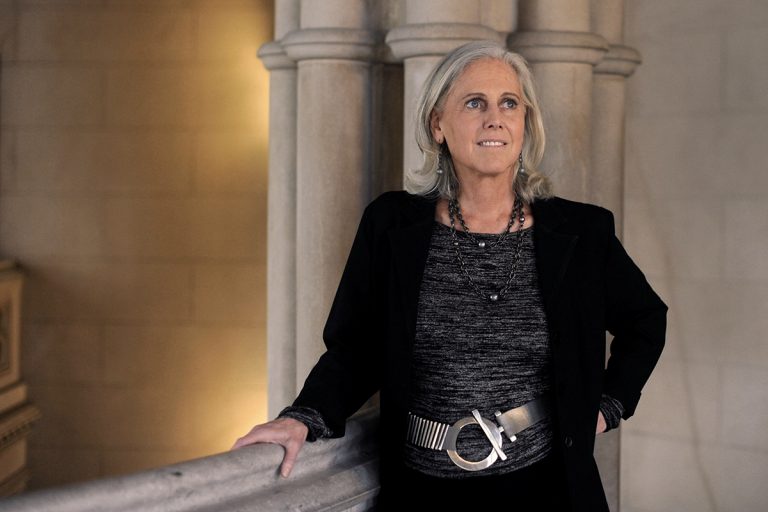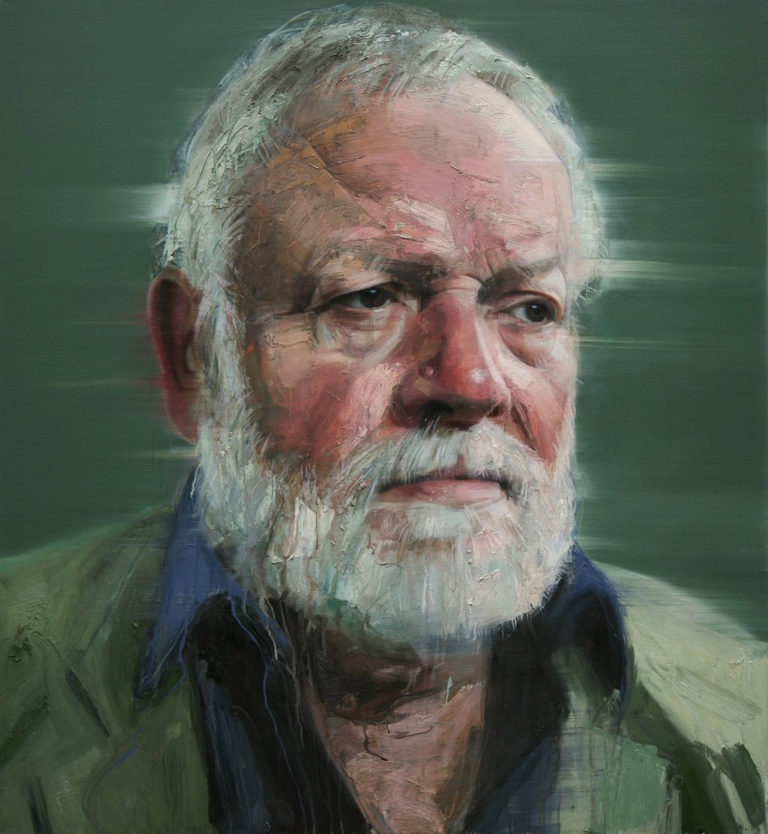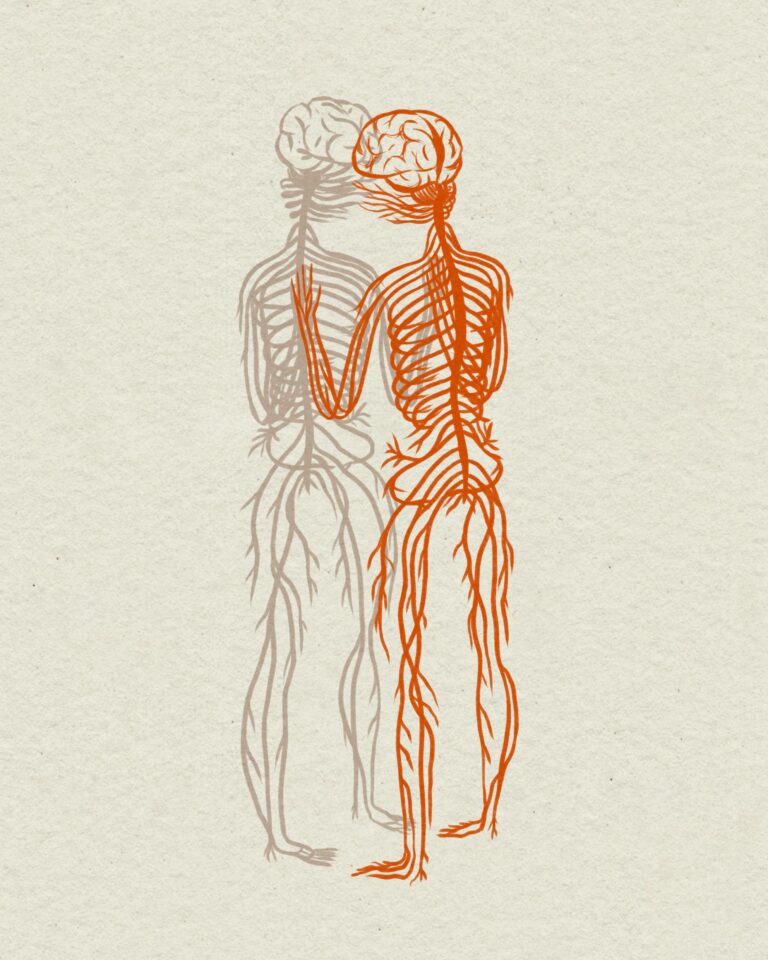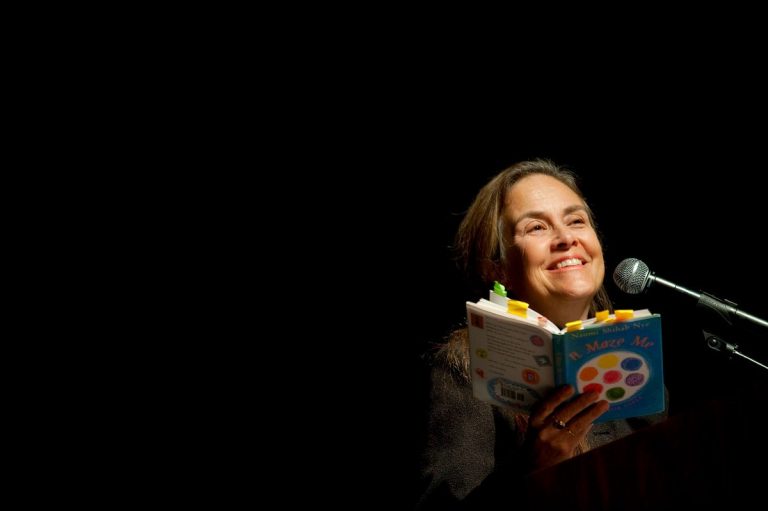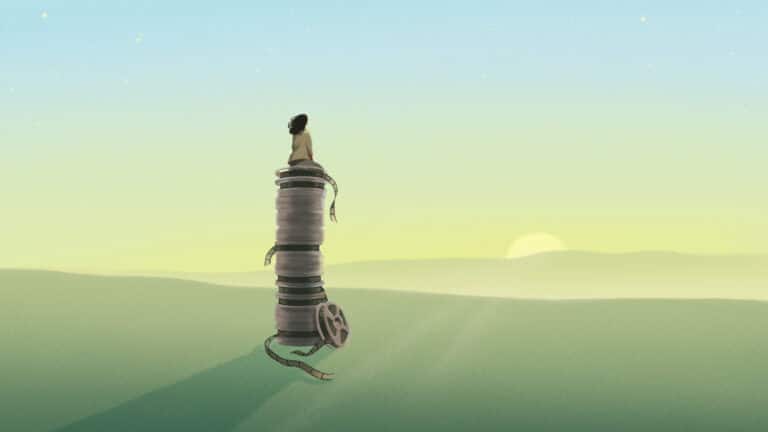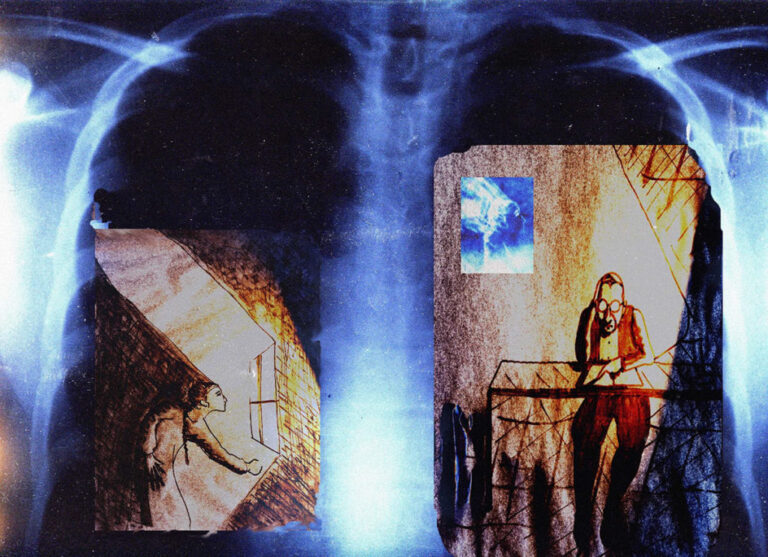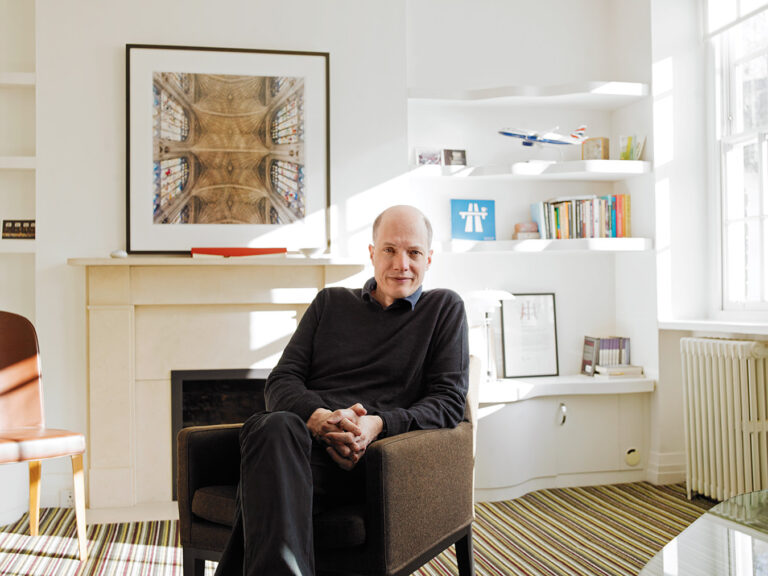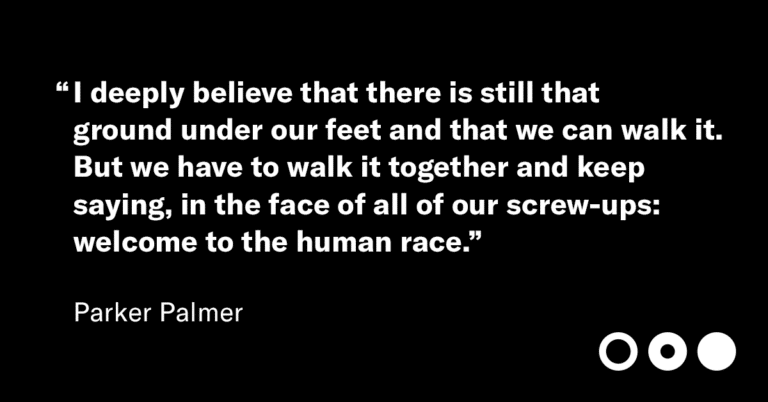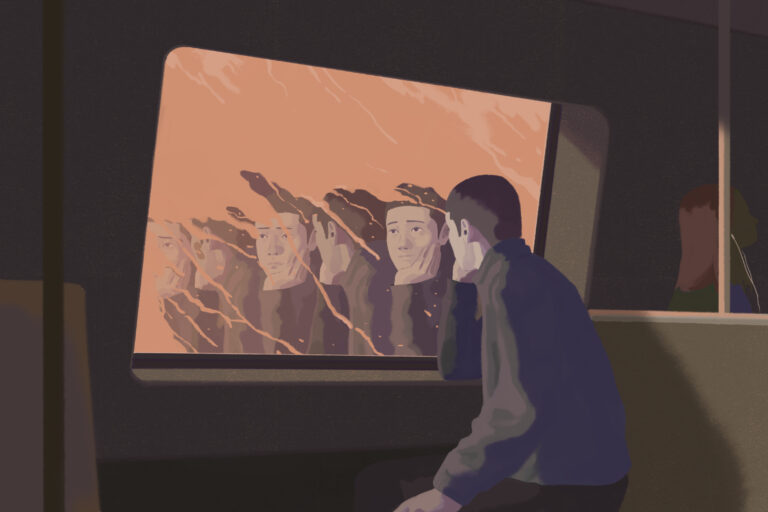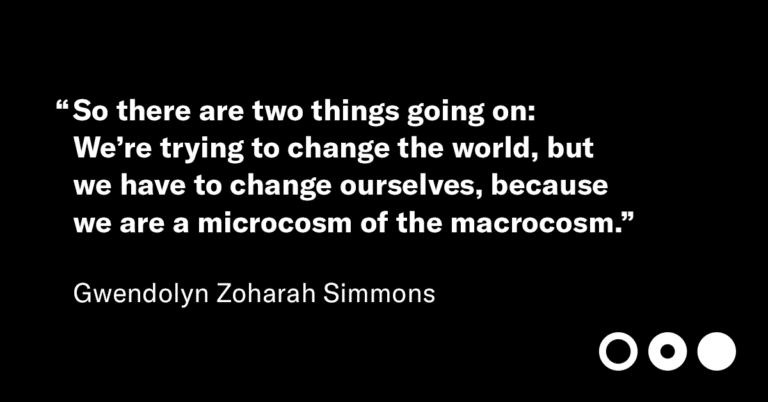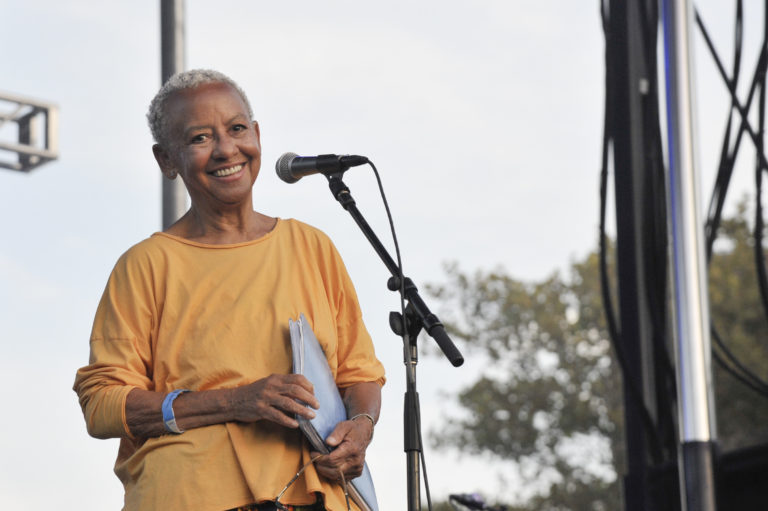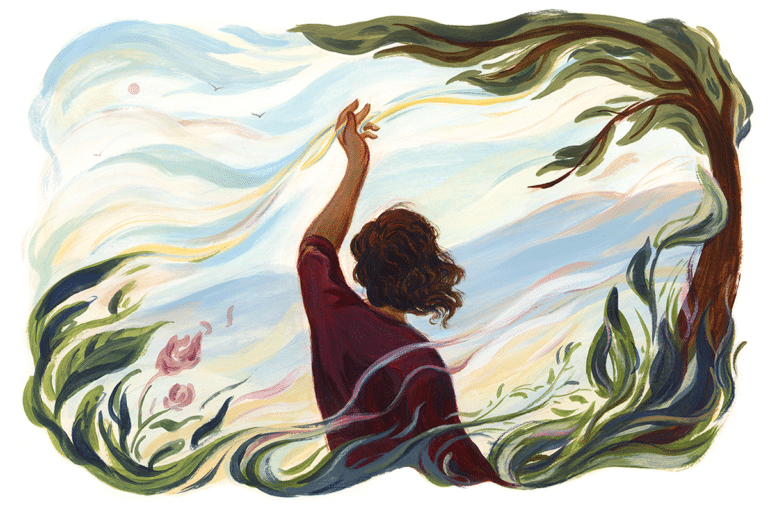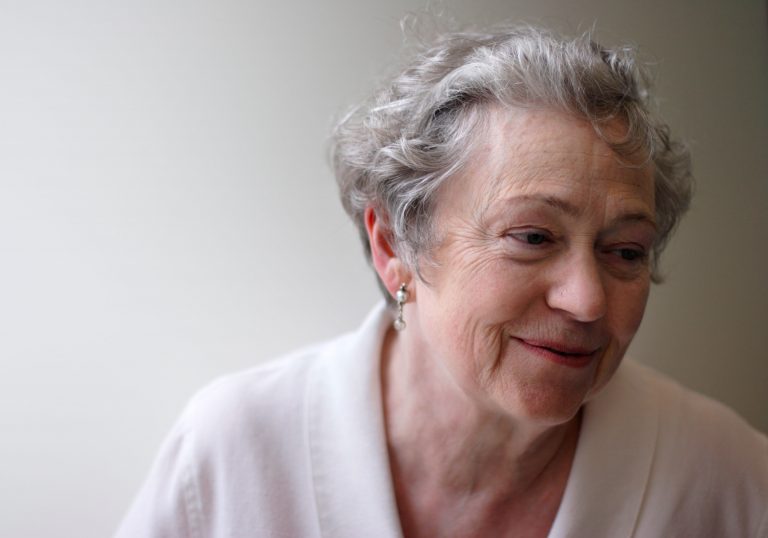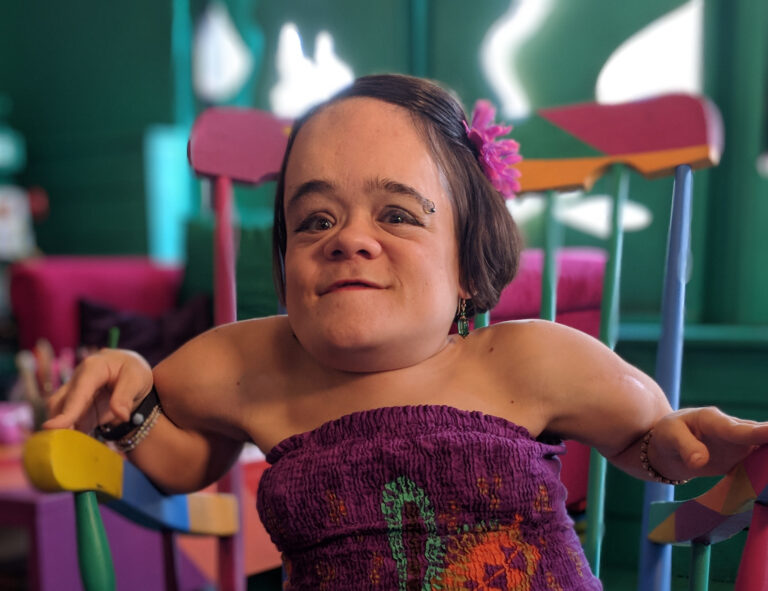April 29, 2021
Hanif Abdurraqib
Moments of Shared Witnessing
Hanif Abdurraqib’s writing is filled with lyricism, rhythm, people and precision. In his essays and poetry, he introduces readers to a soundscape of Black performance and Black joy: we hear hip-hop and jazz, we hear Nina Simone, Aretha Franklin and Little Richard. Music and performance of every kind are the source of his fascination, focus and wisdom: what makes people cry, or feel safe, or brave; held in struggle, joy, or love. Hanif is interviewed by our colleague, Pádraig Ó Tuama, a poet himself and the host of On Being Studios’ Poetry Unbound podcast, now in its third season.






